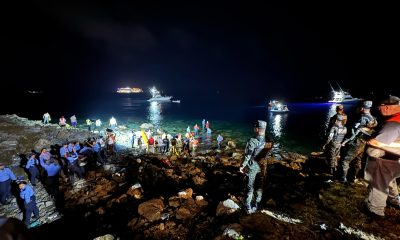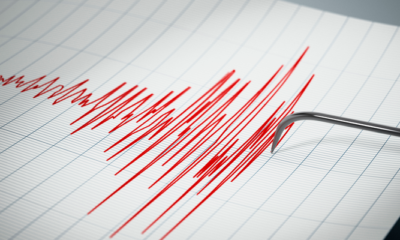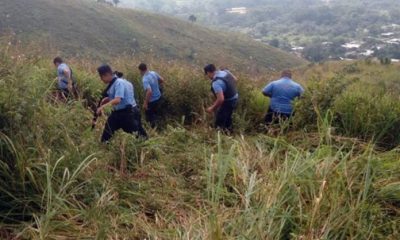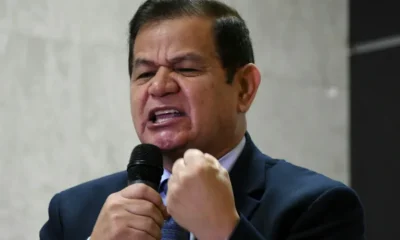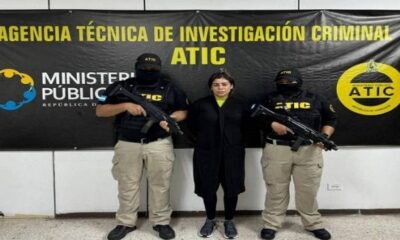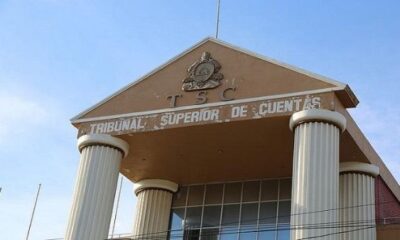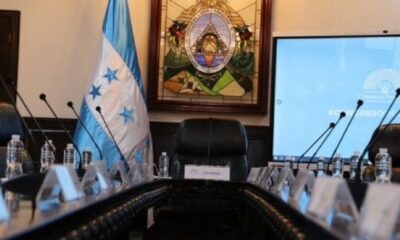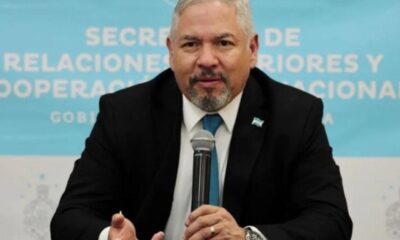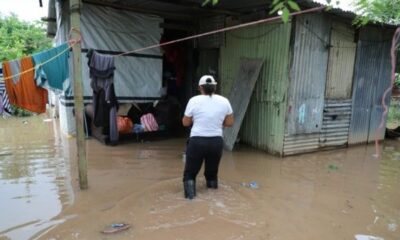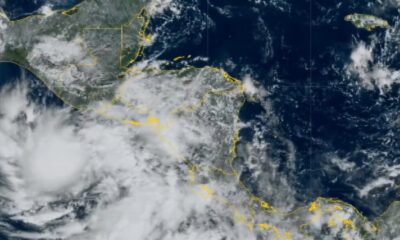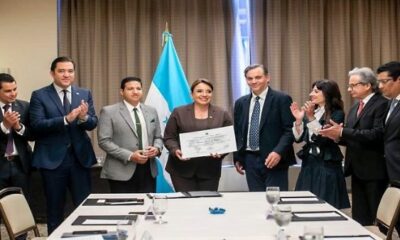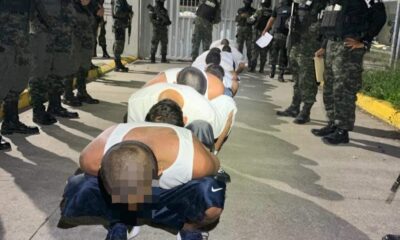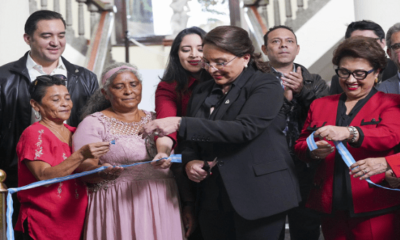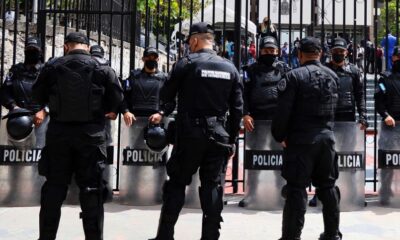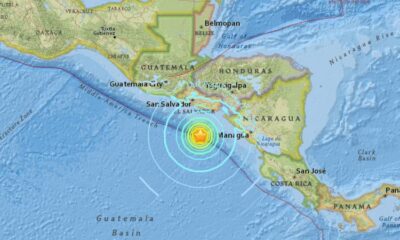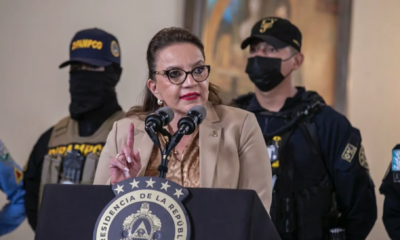Central America
Honduras recorded 35 murders of women in January, 29.6 % more than in 2022
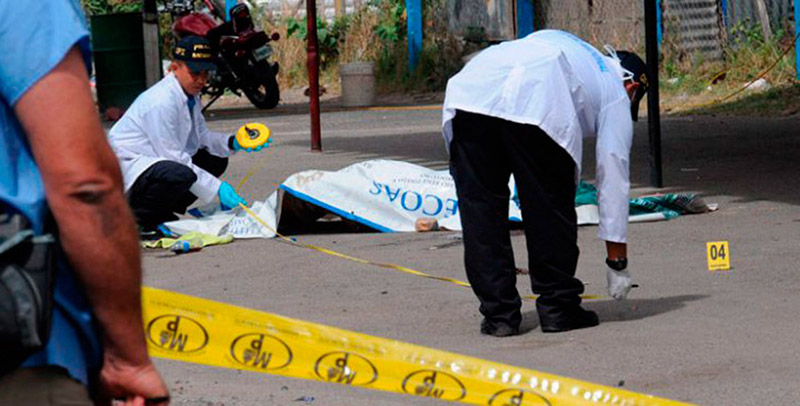
February 15 |
A total of 35 women were murdered in Honduras in January of this year, 29.6% more than those reported in the same month of 2022, and more than 90% of these cases are unpunished, which keeps feminist organizations on alert, denounced Tuesday the NGO Center for Women’s Rights (CDM).
January registered 8 more violent deaths of women than the 27 in the same month of 2022, according to data from the Human Rights Observatory of CDM.
“We are in emergency, in the first 30 days of this year 35 women were violently murdered in Honduras. Let us not forget their names. Justice for all!”, emphasized CDM.
About 50% of the victims died from gunshot wounds used by their assailants, mostly unknown persons, and 44.7% of the deaths were registered in the departments of Copán, Cortés and Francisco Morazán, western, northern and central Honduras, with 9.5 million inhabitants, 51% of whom are women.
The Women’s Rights Center indicated that 52.6% of the murdered women were older than 40 years old and 47.4% of the murdered women were younger than 39 years old.
According to the director of the Observatory of Violence of the National Autonomous University of Honduras (UNAH), Migdonia Ayestas, “every 28 hours” there is a murder of a woman in the Central American country, which has high homicide rates with a current average of between nine and ten deaths per day.
In all of 2022, 297 women were murdered in the country, in most cases with firearms, which is 13.1% less than the 342 in 2021, according to figures from feminist organizations.
Many of these deaths occurred in the victim’s close environment, in which the main aggressor is a man who is romantically linked to the woman.
Ninety-five percent of the cases of murdered women remain unpunished in Honduras, a country traditionally dominated by men, due to poor investigation, according to official data and feminist organizations.
Translated with www.DeepL.com/Translator (free version)
Central America
Guatemalan police officer killed in mob riots over baby kidnapping
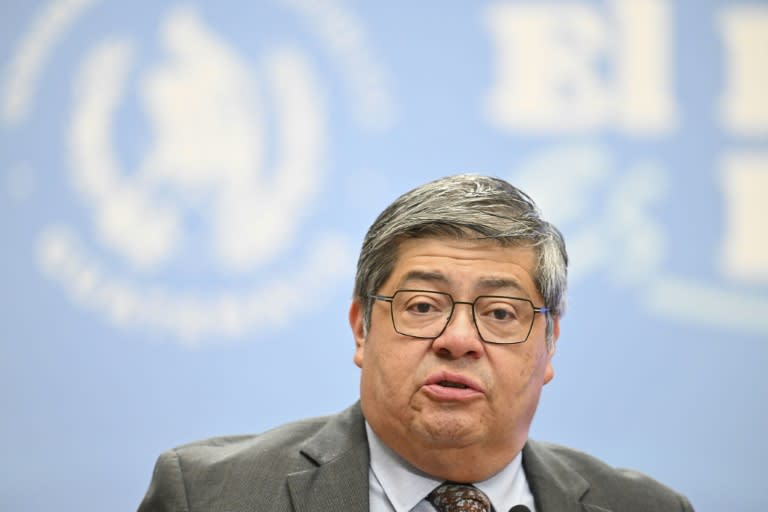
A police officer was killed during riots provoked by an enraged mob in a Guatemalan town following the kidnapping of a baby, the government reported on Wednesday.
The incidents began on Tuesday night and continued into the early hours of Wednesday in the town of San Vicente Pacaya, about 25 km south of the capital, according to Minister of the Interior Francisco Jiménez.
“There was an incident in San Vicente Pacaya where, unfortunately, a police officer died after being struck in the head with a stone. He passed away this morning,” Jiménez said in a press conference.
He explained that the unrest erupted following the arrest of two suspects in connection with the kidnapping of “a baby just a few months old,” including a woman with a criminal record.
Sports
Venezuela investigates 18 baseball players seeking asylum in Spain
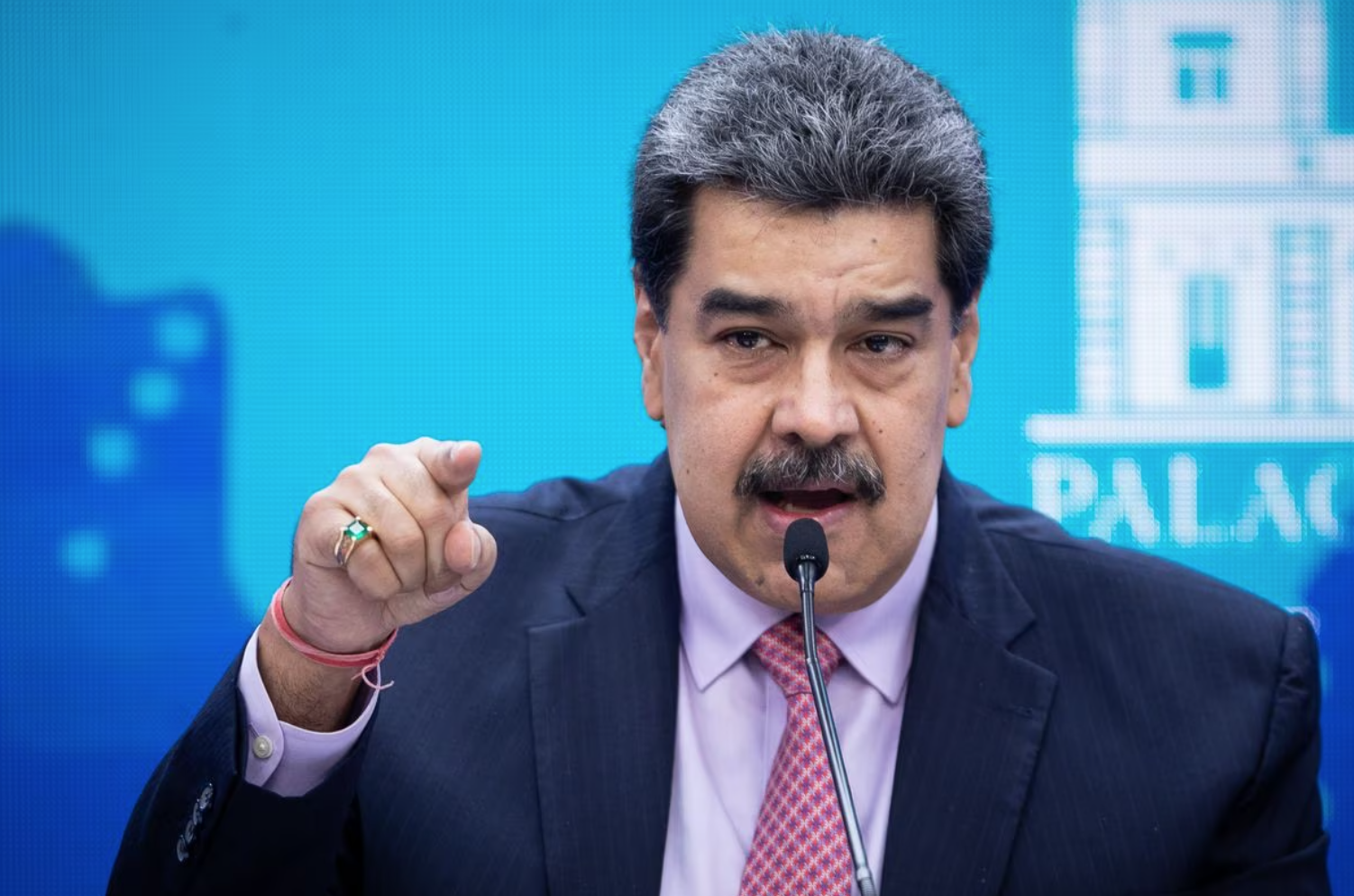
The Venezuelan government announced on Wednesday that it is investigating the case of 18 baseball players who are “under the supervision of Spanish authorities” after seeking protection.
In a statement, Venezuelan authorities said they are working to determine whether this case involves “a possible human trafficking scheme,” though they have not provided any evidence of such a crime.
The Venezuelan government emphasized its commitment to protecting the country’s athletes while also denouncing the use of international legal frameworks by certain governments allegedly seeking to discredit the administration.
CNN reached out to Spain’s National Police for a response to Venezuela’s claims. According to Spanish authorities, the 18 young athletes—including two minors—arrived in Spain to participate in a series of matches but had already planned to apply for asylum. Authorities confirmed on Tuesday that they had begun interviewing the players to process their international protection requests.
The team’s coach addressed the situation in a TikTok video, refuting local media reports that he had abandoned the athletes. He asserted that the players chose to remain in Barcelona to secure the necessary permits to sign with other teams and that their decision was unrelated to any political motivations.
Sports
Filipe Luis debuts as coach in Copa Libertadores with Flamengo

A two-time Copa Libertadores champion with Flamengo during his playing days, Filipe Luis will make his managerial debut in the tournament this Thursday when the popular Rio de Janeiro club faces Venezuela’s Deportivo Táchira.
Placed in Group C alongside Táchira, Liga de Quito, and Argentina’s Central Córdoba, Flamengo starts as one of the favorites—a major challenge for the 39-year-old former player.
His early coaching career has been off to a strong start.
After retiring in 2023, Filipe Luis took over as Flamengo’s head coach on September 30. Just 41 days later, he won his first title, the Copa do Brasil. The year 2025 has already brought two more trophies: the Supercopa do Brasil, where Flamengo defeated Botafogo—current Libertadores and Brasileirão champions—3-1, and the Campeonato Carioca.
At 8:30 PM local time (00:30 GMT Friday), Flamengo under Filipe Luis will make its international debut at Estadio Pueblo Nuevo in San Cristóbal. Although Gerson, Uruguayan Giorgian de Arrascaeta, and Ecuadorian Gonzalo Plata are unavailable, the squad still boasts attacking firepower with Bruno Henrique and Everton.
-

 International4 days ago
International4 days agoSon of journalist José Rubén Zamora condemns father’s return to prison as “illegal”
-

 International4 days ago
International4 days agoMiyazaki’s style goes viral with AI but at what cost?
-

 Central America3 days ago
Central America3 days agoPanama police clarifies that Interpol alert for Martinelli is still pending
-

 Central America2 days ago
Central America2 days agoU.S. Homeland Security Secretary urges Mexico to strengthen Guatemala border
-

 International2 days ago
International2 days agoTrump urges Putin to reach peace deal
-

 Central America2 days ago
Central America2 days agoPanama grants Martinelli 72-hour extension to travel to Nicaragua
-

 International3 days ago
International3 days agoDeportation flight lands in Venezuela; government denies criminal gang links
-

 International12 hours ago
International12 hours agoParaguay summons Brazilian ambassador over Itaipú espionage scandal
-

 Central America9 hours ago
Central America9 hours agoGuatemalan police officer killed in mob riots over baby kidnapping
-

 Sports12 hours ago
Sports12 hours agoFilipe Luis debuts as coach in Copa Libertadores with Flamengo
-

 International12 hours ago
International12 hours agoMilei vows to make Argentina so strong that Falkland Islanders “choose” to join
-

 International12 hours ago
International12 hours agoElon Musk to step down as government advisor, per Trump insiders
-

 Sports12 hours ago
Sports12 hours agoVenezuela investigates 18 baseball players seeking asylum in Spain
-

 International12 hours ago
International12 hours agoICE agent’s arrest of suspect sparks controversy in Boston
-

 International12 hours ago
International12 hours agoÓscar Arias: Trump’s trade policies are a step backward














